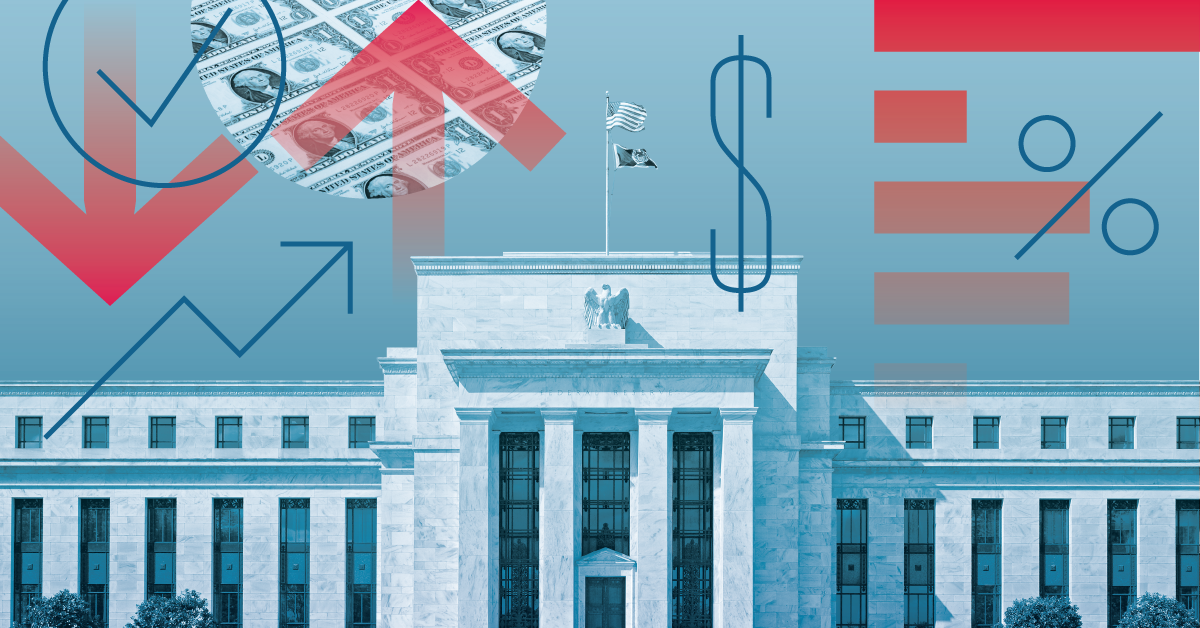In March 2025, Sweden manufacturing sector continued its expansion, with the Swedbank/SILF Manufacturing Purchasing Managers’ Index (PMI) rising to 53.6 from 53.5 in February. This marks the highest level since November 2024, indicating sustained growth in the sector.
Sweden PMI Key Highlights:
- Production Output: The production sub-index increased significantly to 59.2, up from 54.6 in February, suggesting a robust acceleration in manufacturing activities.
- New Orders: The new orders index remained stable at 53.6, reflecting steady demand for manufactured goods.
- Employment: The employment sub-index slightly decreased to 53.1 from 54.4, indicating a modest slowdown in hiring within the manufacturing sector.
- Inventory Levels: Inventory stocks showed a slight decline, with the index at 51.9 compared to 52.5 in the previous month, suggesting cautious inventory management by manufacturers.
- Supplier Delivery Times: The delivery times index fell below the neutral 50 mark to 49.0, indicating longer delivery times, which could be attributed to supply chain disruptions.
- Input Prices: The index for suppliers’ raw and input prices rose to 57.2 from 53.2, marking the highest level in eleven months and pointing to increasing cost pressures.
Analyst Commentary:
Jörgen Kennemar, an analyst at Swedbank, noted that “Swedish industry remains in an expansionary phase, with tariff hikes and geopolitical uncertainty not hindering recovery so far. However, risks have increased due to US tariffs on the European automotive sector.”
Outlook:
The sustained expansion in Sweden’s manufacturing sector is a positive sign for the country’s economy. However, rising input costs and potential trade tensions pose challenges that could impact future growth. Manufacturers may need to navigate these headwinds carefully to maintain momentum.
Overall, the March Sweden PMI data suggests that while the manufacturing sector is growing, external factors such as trade policies and supply chain issues require close monitoring in the coming months.





